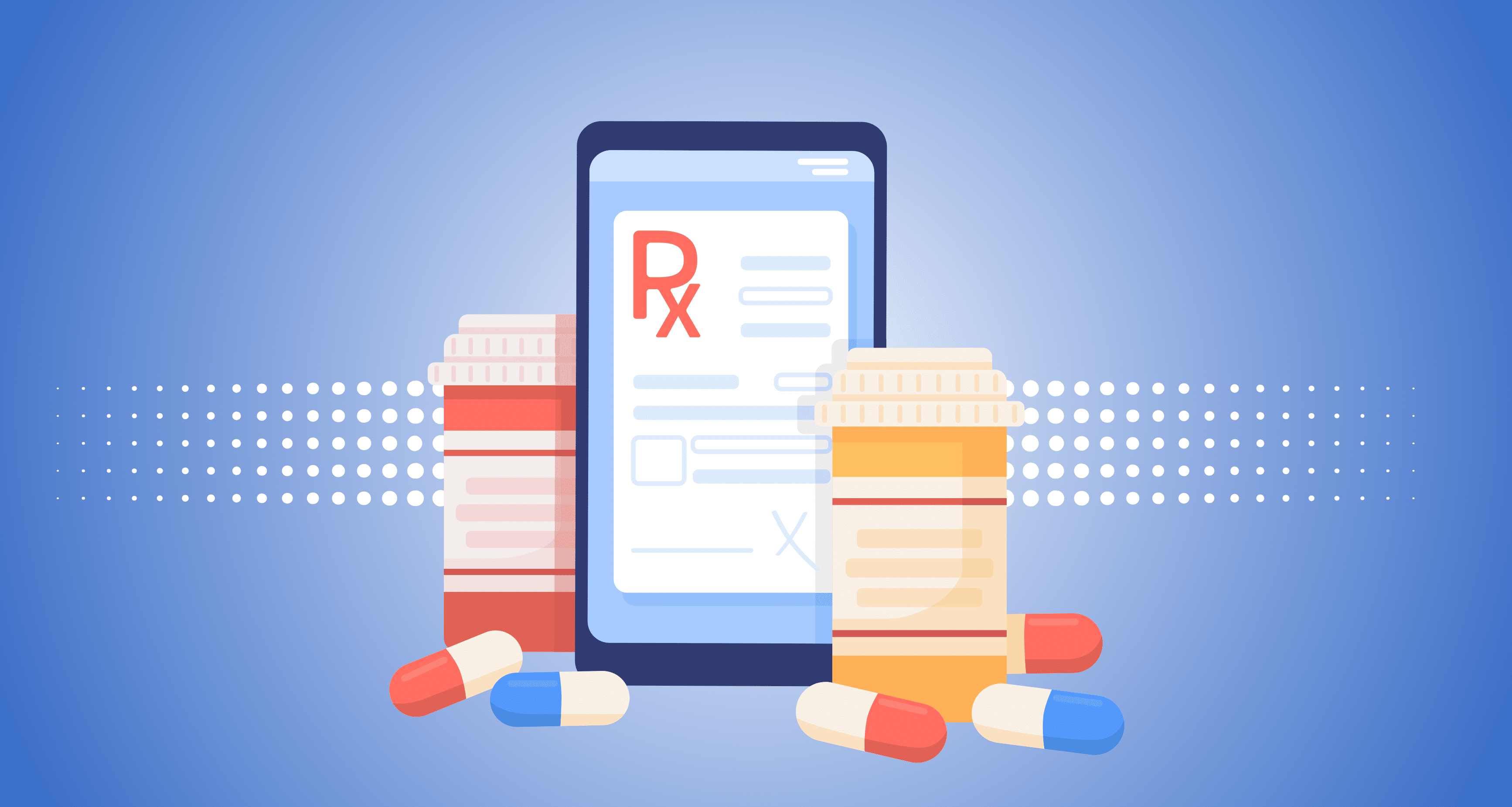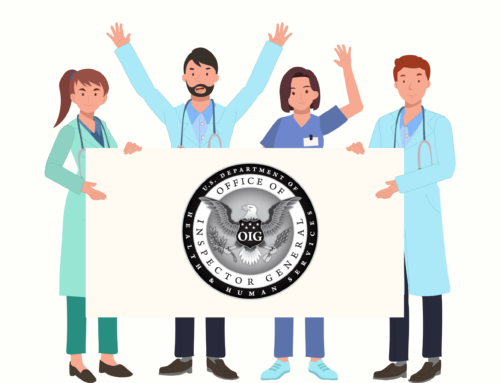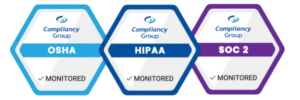
Compliance with the Office of Inspector General’s (OIG) guidelines is more than a legal necessity in the pharmaceutical manufacturing industry. It’s a cornerstone of maintaining public trust and operational integrity.
The OIG compliance program guidance for pharmaceutical manufacturers provides a roadmap for navigating complex regulatory landscapes and avoiding costly violations. Recently, there has been a particular emphasis on areas such as written policies and procedures and others during audits, which pharmaceutical companies must prioritize to ensure compliance.
A Deeper Dive into OIG’s Compliance Program Guidance
The OIG has established a set of compliance program guidance documents intended to promote a culture of compliance within various segments of the healthcare industry, including pharmaceutical manufacturers. These guidelines are designed to help companies develop effective internal controls that detect and prevent improper conduct related to federal healthcare programs.
Key elements of the guidance for pharmaceutical manufacturers include:
- Implementing Comprehensive Policies and Procedures. It’s crucial to establish clear policies that reflect the current laws and regulations. These should cover areas such as the Anti-Kickback Statute, the False Claims Act, and Food and Drug Administration (FDA) marketing regulations.
- Conducting Effective Training and Education. Continuous training programs are vital for ensuring that all employees understand their compliance responsibilities. This includes training on new regulations and refreshers on existing policies.
- Performing Regular Audits and Risk Assessments. Regular audits are essential for identifying potential vulnerabilities and ensuring that compliance measures are effectively implemented and followed.
Focus Areas for OIG Audits in Pharmaceuticals
The OIG has recently begun focusing particularly on a few critical areas when auditing pharmaceutical manufacturers:
- Drug Pricing and Reimbursement Practices. Pharmaceutical companies’ pricing and reimbursement practices have been subject to increased scrutiny. This includes evaluating whether pricing strategies comply with federal healthcare program requirements and do not involve fraudulent practices.
- Relationships with Healthcare Providers. Another primary area of focus is the nature of the relationships between pharmaceutical manufacturers and healthcare providers. The OIG is keenly monitoring interactions to ensure that they do not constitute kickbacks or other unethical incentives that could influence clinical decisions.
- Marketing and Promotional Activities. The OIG closely examines pharmaceutical companies’ marketing strategies to ensure that they do not misrepresent drug benefits or promote off-label uses in a way that could mislead healthcare providers and patients.
Strategies for Maintaining Compliance
To effectively respond to these focus areas and maintain compliance with OIG guidelines, pharmaceutical manufacturers should consider the following strategies:
- Enhance Transparency in Drug Pricing. By maintaining transparent pricing models and justifying cost structures based on actual research and development expenditures, companies can mitigate risks related to pricing audits.
- Strengthen Oversight of Interactions with Healthcare Providers. Implementing stringent controls and monitoring systems to oversee all interactions with healthcare providers can help ensure that these activities are conducted in compliance with OIG guidelines.
- Invest in Compliance Infrastructure. Developing a robust compliance infrastructure, including dedicated compliance officers and the use of advanced analytics to monitor compliance, can significantly reduce the risk of non-compliance.
Securing Success: Why Compliance Is Key for Pharmaceutical Leaders
Complying with the OIG’s compliance program guidance is imperative for pharmaceutical manufacturers to ensure legal conformity and foster a culture of ethical business practices.
With the OIG intensifying its focus on areas like drug pricing, relationships with providers, and marketing practices, companies in this sector must stay vigilant and proactive in their compliance efforts. By keeping up with the OIG’s evolving guidelines and enhancing internal compliance programs, pharmaceutical companies can protect themselves from legal risks and contribute to the overall integrity and affordability of healthcare services.






